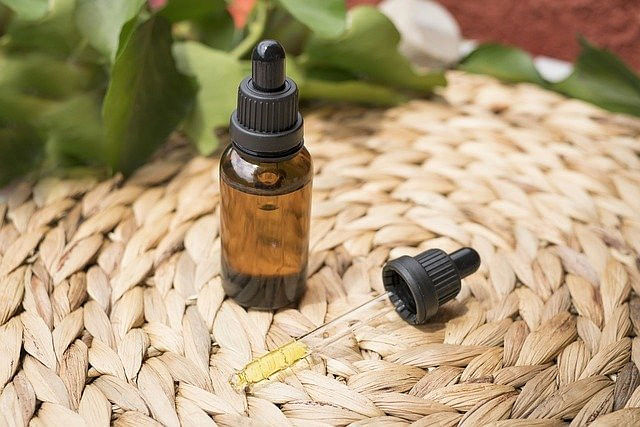Synthetic Marijuana, THC Oils, Wax, and Concentrates Drug Charge in Texas
Despite the ever-changing attitudes towards marijuana and its consumption, the laws about synthetic marijuana, THC oils, and wax concentrates in Texas are still quite clear: it’s all still illegal in Texas. Marijana of any kind, synthetic or concentrate, whole leaf or edible, is illegal to possess, and the charges vary depending on if you’re found with marijuana compared to its extracts. Several people are surprised to hear that there’s quite a difference between charges for possessing THC oil and cannabis concentrates in Texas compared to other states. This unfortunate awareness is oftentimes gleaned from first-hand experience during a felony arrest for possession or distribution.

What Are THC Concentrates?
Several people wonder: what are cannabis concentrates, and how is THC oil different from regular marijuana? THC stands for tetrahydrocannabinol, which is the major psychoactive part of a marijuana plant that gets the user high. THC oils and other marijuana concentrates are products that seek to elevate THC levels by as much as 90%, while even the most potent strains of unprocessed marijuana plants typically contain a THC level of around 20%.
What Are the Penalties for Possession of THC or Cannabis Concentrates in Texas?
Controlled substances are classified into four different groups with increasing punishments based on multiple factors. These groups are organized around their potential for abuse as well as their medical value. Substances that have the lowest known medical value but the highest potential for abuse typically carry the most severe penalties. Currently, penalty group 1 (the worst of the worst) includes drugs such as cocaine and heroin, while THC oil and marijuana concentrates can be found in the next group: penalty group 2. Even though belonging to penalty group 2, THC has a variety of medical uses, with extensive research into both THC and marijuana as a plant. THC is most commonly used in the management of pain and for conditions such as Parkinson's disease and multiple sclerosis. However, this does not excuse it from being in the second most severe penalty group in the state.
The penalties for possession of THC in Texas are determined by the quantity of THC possessed measured in grams. Possession begins as a felony charge, unlike marijuana which has misdemeanor levels of punishment. Any cannabis concentrate under one gram is a state jail felony, with incarceration time and other penalties increasing from there. Possession of concentrated THC in Texas between one and four grams is a third-degree felony, while possession between four and four hundred grams is a second-degree felony. Anything over that amount can get those convicted up to 99 years in prison.
Common terms for cannabis concentrates that fall under this criteria include, but are not limited to:
- wax
- shatter
- crumble
- budder
- THC oil
- Kief powder
- and more
Protect Yourself from Felony THC Concentrate Charges in Texas
If you’ve been charged with possession or distribution of cannabis concentrates or oils, don’t let your freedom get taken away from you by a court system that might be overlooking or otherwise not noticing key evidence regarding your innocence. Proper representation is crucial when your life and livelihood are at stake, so make sure you hire the experienced team at Denuna Law to handle your case with the care it deserves. Call or email us today to learn more about how we can help protect your rights and to schedule a consultation.
Experienced DWI
Defense Lawyer
If you have a case and want an attorney who will instill fear in the prosecution and DA, call or message Chris today!


